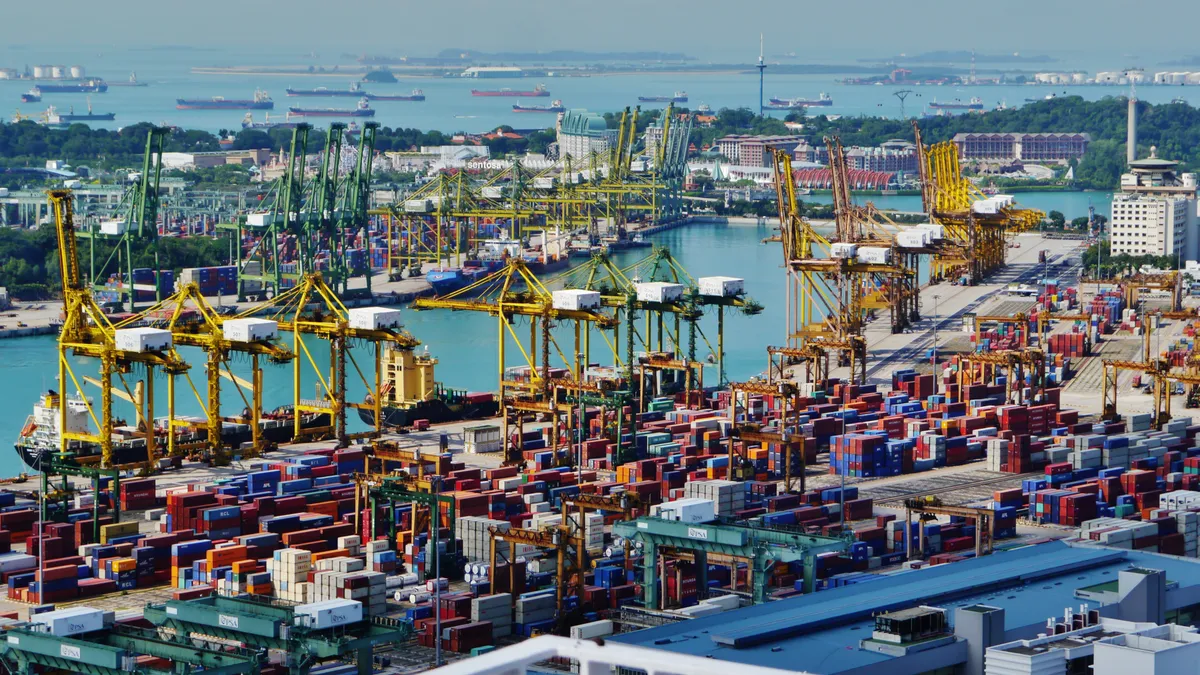The United States will likely see slower, but still positive, economic growth this year, although that could change as the scope of the coronavirus outbreak becomes clearer, economists at forecasting firm Prevedere say.
The U.S. is likely better positioned than other countries to weather the next few months because of the continued strength of consumer spending and its more diversified supply chains and trading relationships, chief economist at Prevedere Andrew Duguay said. Low inflation, low interest rates, and the mild winter in many parts of the U.S. has aided solid consumer spending. These factors have also upped real estate sales and new construction, he said.
“While we are seeing some very negative numbers coming out of China, we want to found our forecasts in hard facts, so we continue to turn to consumer sentiment, domestic production, business investment,” he said in a webinar at the end of last week. “Consider the broader context of the global economic business cycle as we go into these very uncertain times surrounding the virus.”
Since the webinar on Thursday, the Dow has fallen considerably, putting Wall Street near a bear market.
Previous outbreaks like SARS in 2003, and H1N1 in 2009, provide only limited guidance on coronavirus' potential impact, because the scope of coronavirus could overshadow them, and China, where the outbreak originated, is at the core of the global economy.
In 2003, China accounted for about 4% of global GDP; today, it's about 17%.
V-shaped recovery?
If the scale of the outbreak becomes clear by late March, and looks like it will be relatively contained within certain geographic regions, then any downturn would likely be contained and a v-shaped recovery, at least in the U.S., would be possible, senior economist at Prevedere Michelle Green said.
If officials don't know the scope of the outbreak until late April, at which point it appears to be much broader, the U.S. could still eke out slow growth, so long as consumer spending holds up.
If it takes until late May to get a handle on the scope, and the outbreak is widespread, the recovery will drag on, and the outlook for a global recession will increase.
Concerningly, the manufacturers purchasing index in China saw its worst drop in history last month, which suggests widespread supply chain disruptions.
“Financial markets were slow to react at the beginning of the outbreak,” Green said. “Now we’re seeing huge swings.”














